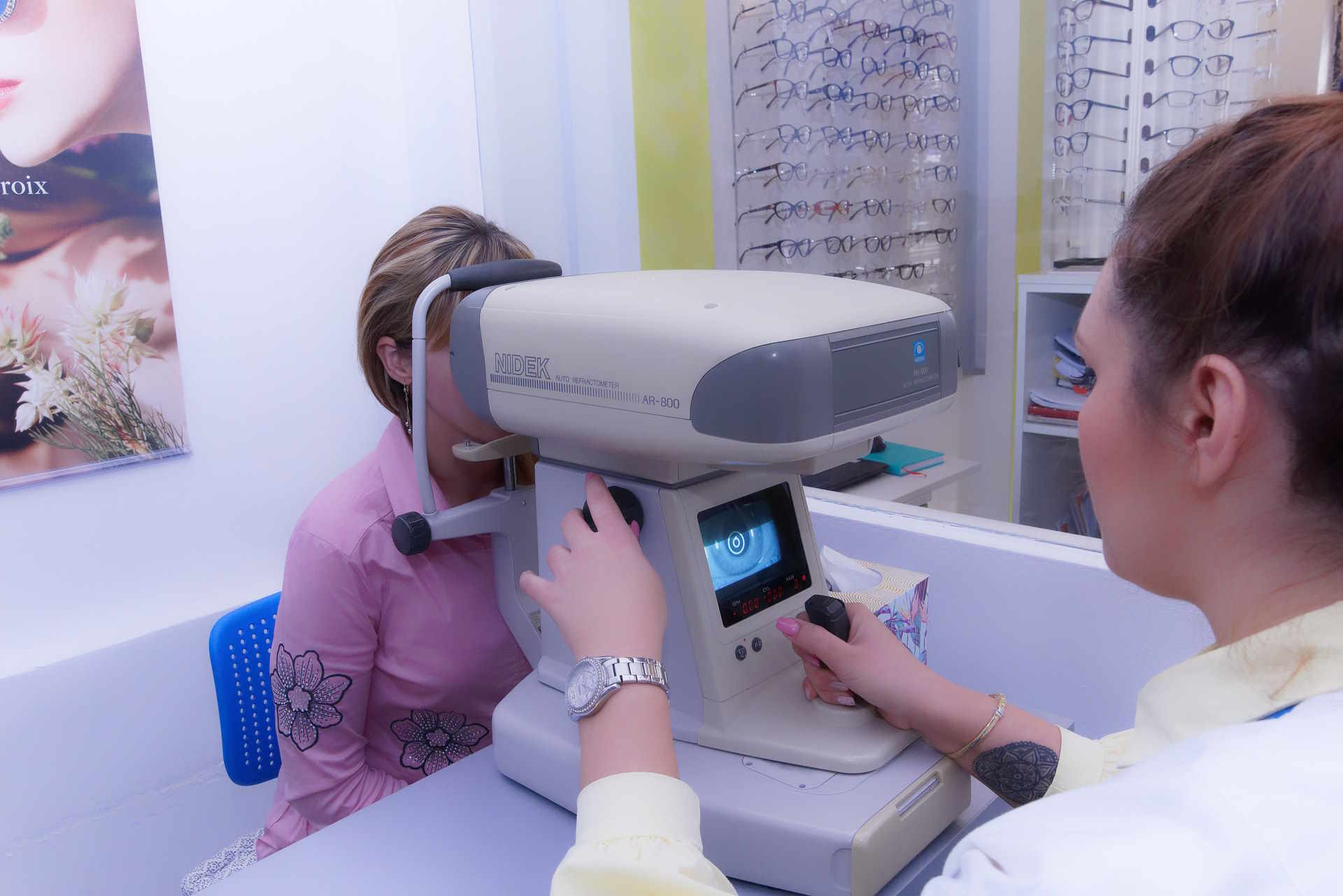Macular Degeneration Relief: Effective Strategies for Vision Health
Uncover a thorough guide on alleviating the symptoms of macular degeneration with proven and effective strategies. Learn about practical methods and resources to manage this condition for improved quality of life. Discover expert-recommended treatments, lifestyle adjustments, and dietary choices that can help slow progression, preserve vision, and support overall eye health, empowering individuals to maintain independence and confidence.

What is macular degeneration and how does it affect vision?
Macular degeneration is a condition that affects the macula, the central part of the retina responsible for sharp, detailed vision. As the disease progresses, it can lead to blurred or distorted central vision, making it difficult to read, recognize faces, or perform daily tasks. There are two main types of macular degeneration: dry (atrophic) and wet (exudative). The dry form is more common and generally progresses slowly, while the wet form can cause rapid vision loss if left untreated.
What are the early warning signs of macular degeneration?
Recognizing the early signs of macular degeneration is crucial for timely intervention and treatment. Some common symptoms include:
-
Blurred or fuzzy vision
-
Difficulty reading or seeing fine details
-
Dark or empty areas in your central vision
-
Distortion of straight lines, making them appear wavy
-
Changes in color perception
-
Increased sensitivity to glare
If you experience any of these symptoms, it’s essential to consult an eye care professional promptly for a comprehensive eye examination.
How can lifestyle changes help manage macular degeneration?
Adopting a healthy lifestyle can play a significant role in managing macular degeneration and slowing its progression. Key lifestyle changes include:
-
Quitting smoking, as it’s a major risk factor for the disease
-
Maintaining a healthy weight through regular exercise
-
Protecting your eyes from harmful UV rays by wearing sunglasses
-
Managing other health conditions like high blood pressure and diabetes
-
Limiting alcohol consumption
-
Staying mentally active through reading, puzzles, and social interactions
These changes not only support eye health but also contribute to overall well-being and may help preserve vision in the long term.
What dietary choices can support retina health and vision?
A nutrient-rich diet can be a powerful tool in supporting retina health and potentially slowing the progression of macular degeneration. Consider incorporating the following foods into your diet:
-
Leafy green vegetables like spinach, kale, and collard greens
-
Fish rich in omega-3 fatty acids, such as salmon, mackerel, and sardines
-
Colorful fruits and vegetables high in antioxidants, including berries, oranges, and bell peppers
-
Nuts and seeds, particularly those high in vitamin E and zinc
-
Whole grains and lean proteins
Additionally, some studies suggest that specific nutritional supplements, such as the AREDS2 formula, may benefit individuals with intermediate or advanced macular degeneration. However, it’s crucial to consult with an eye care professional before starting any supplement regimen.
What are the latest treatments and technologies for macular degeneration?
Advancements in medical technology have led to innovative treatments for macular degeneration, particularly for the wet form of the disease. Some current treatment options include:
-
Anti-VEGF injections: These medications help reduce abnormal blood vessel growth and leakage in the retina.
-
Photodynamic therapy: This combines a light-sensitive drug with a cold laser to target and seal leaking blood vessels.
-
Laser photocoagulation: Used in some cases to seal leaking blood vessels in the retina.
-
Low vision aids: Various devices and technologies can help individuals with vision loss perform daily tasks more easily.
-
Stem cell therapy: While still in research phases, this shows promise for treating dry macular degeneration.
-
Gene therapy: Another area of ongoing research that may offer future treatment options.
It’s important to work closely with an eye care specialist to determine the most appropriate treatment plan for your specific condition and stage of macular degeneration.
How can individuals maintain independence and quality of life with macular degeneration?
Living with macular degeneration can be challenging, but there are numerous strategies to maintain independence and quality of life:
-
Use adaptive technologies like magnifying devices, large-print books, and voice-activated software.
-
Improve home lighting and contrast to enhance visibility.
-
Learn new techniques for daily tasks, such as eccentric viewing.
-
Join support groups to connect with others facing similar challenges.
-
Stay engaged in hobbies and social activities, adapting them as needed.
-
Consider occupational therapy to learn adaptive skills for daily living.
By implementing these strategies and working with healthcare professionals, individuals with macular degeneration can continue to lead fulfilling and independent lives while managing their condition effectively.
This article is for informational purposes only and should not be considered medical advice. Please consult a qualified healthcare professional for personalized guidance and treatment.




